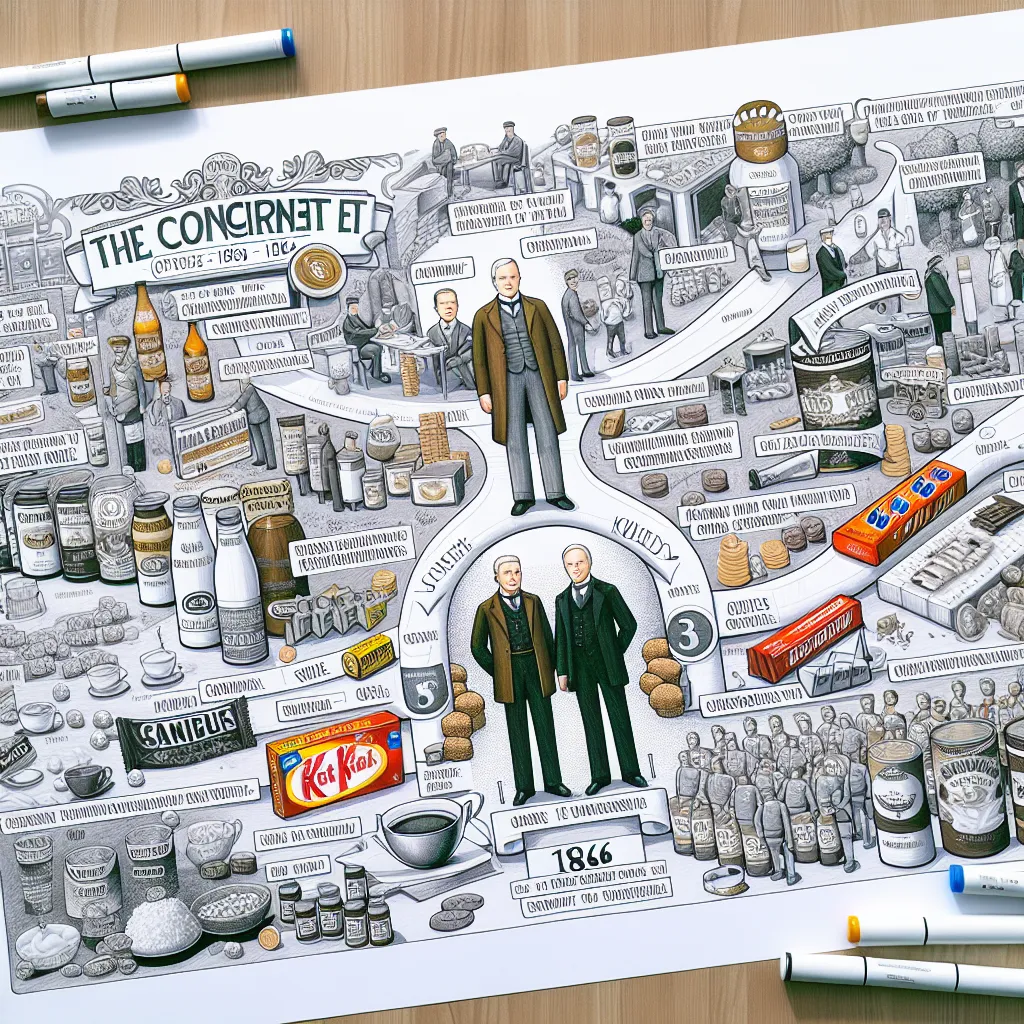Credit scores play a significant role in our lives, whether it’s for applying for loans, buying a car, purchasing a house, or even just being eligible to rent. But what exactly is a credit score, and how did it come to be? Let’s dive into the history and importance of credit scores.
A credit score is a three-digit number in your credit report. This score tells lenders how creditworthy you are, which means the likelihood that you’ll repay any borrowed money. Nowadays, credit scores are calculated using advanced digital technologies and financial methods. However, it wasn’t always this way.
Back in the day, the average person didn’t have a specific credit score. Instead, there was something known as commercial credit reporting. This system was used by merchants to evaluate the creditworthiness of potential business customers. In the United States, one of the earliest agencies to report these commercial scores was The Mercantile Agency, established around 1841. They had agents whose job was to collect information about borrowers and lenders all across the country.
These agents would manually gather data such as a business person’s marital status, ethnic background, credit history, and age. All this information was written down in a ledger, which was then centralized in New York. The big problem? This method was highly subjective and depended a lot on the agent’s personal biases, resulting in evaluations influenced by racial background, gender, and moral character.
Moving forward to the 19th century, there was a noticeable need for individual credit ratings. Retailers and businesses needed to know if their customers could pay them back, especially when selling items in installments like furniture and other expensive goods. Hence, consumer-focused credit scores began to emerge.
For the next few decades, calculating these scores was a labor-intensive process, filled with biased opinions. But the 1960s brought a revolution with the introduction of computers. Around that time, there were over 2,000 credit bureaus scattered across the country, each storing information in an unorganized manner, like physical papers and cards. Computers allowed for much better management of these reports.
The real game-changer came in the 1980s when credit bureaus started to consolidate, thanks largely to the efforts of the Fair Isaac Corporation (FICO). Established in 1989, FICO worked with national credit bureaus to develop a unified credit scoring model that could evaluate consumers across the board. This marked the birth of the first generalizable credit score.
Fast forward to today, most businesses and lenders in the US rely on FICO scores. However, the way these scores are calculated has evolved to account for changes in consumer behavior. According to FICO, five main factors affect your credit score:
- Payment History (35%) - This looks at whether you’ve paid your past credit accounts on time.
- Amounts Owed (30%) - This is the total amount of credit and loans you’re currently using compared to your total credit limit, also known as your utilization rate.
- Length of Credit History (15%) - This measures how long you’ve had credit.
- New Credit (10%) - This examines how often you apply for and open new accounts.
- Credit Mix (10%) - This reflects the variety of credit products you have, such as credit cards, installment loans, finance company accounts, and mortgage loans.
Is the credit scoring system perfect? Definitely not. It has gaps and can be used in discriminatory ways, affecting people from lower-income households and new immigrants. In the US, for example, about 26 million Americans are considered “credit invisible.” Unsurprisingly, the majority of these people are Black, Hispanic, or from low-income households.
Interestingly, many countries outside North America do not even have a credit scoring system. They still manage to fund their consumer lending programs effectively, using alternative methods to evaluate creditworthiness. This shows that a standardized credit rating system is not the only way to go and often disproportionally affects marginalized communities.
So, what can be done with this information? Know how credit scores evolved and understand their history. By keeping yourself informed, you can manage your credit score more effectively and use it to your advantage. And while the system isn’t perfect, being knowledgeable about it can help you navigate its complexities better.
Understanding credit scores is essential for anyone looking to make significant financial decisions. They might not be a flawless system, but recognizing their importance and impact on your life can help you manage them wisely.






